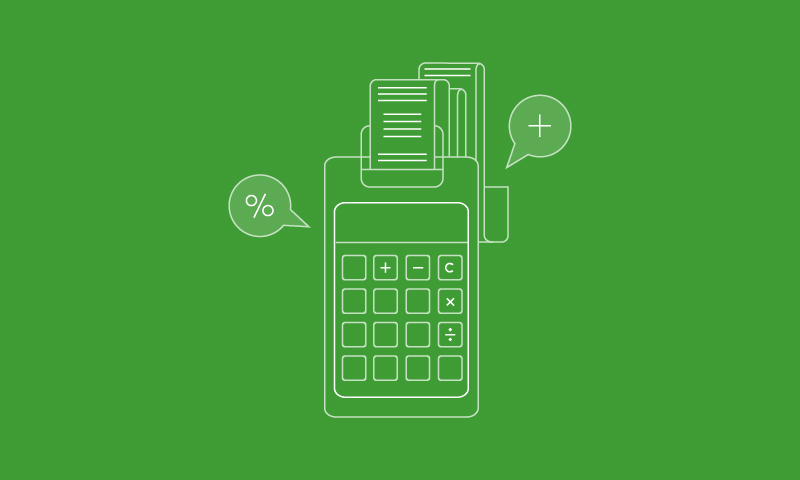When US employees come to work in the UK, there is often a requirement to inform the UK tax authority of their presence, and occasionally a requirement to pay UK income tax.
A common mistake is to leave the expatriate on the US payroll, so they’re only paying their US income tax and social security. There are many different criteria to determine where the tax and social security should be paid, and several different ways to process the UK and US payrolls.
If the expatriate will be working in the UK for 183 days or more in a 12-month period, then UK income tax must be paid – and in some cases UK tax will still be due even if their stay is under 183 days. Although the UK personal tax return filing deadline is 31 January after the end of the tax year (5 April), you may have to pay the tax due in instalments during the year.
Getting advice before you agree an employee’s transfer to the UK is the best way to avoid getting it wrong. Otherwise how will you know the tax implications and potential tax allowances available to the employee?
You should always put a transfer agreement in place to detail the terms of the transfer, secondment, or assignment. This way there is no confusion about who is paying the tax when it is due.
We can help
Our Foreign Direct Investment team knows how critical it is to get expansion plans right first time. We can provide expert advice to ensure you have the right long-term solution.
Contact us to discuss your business.













